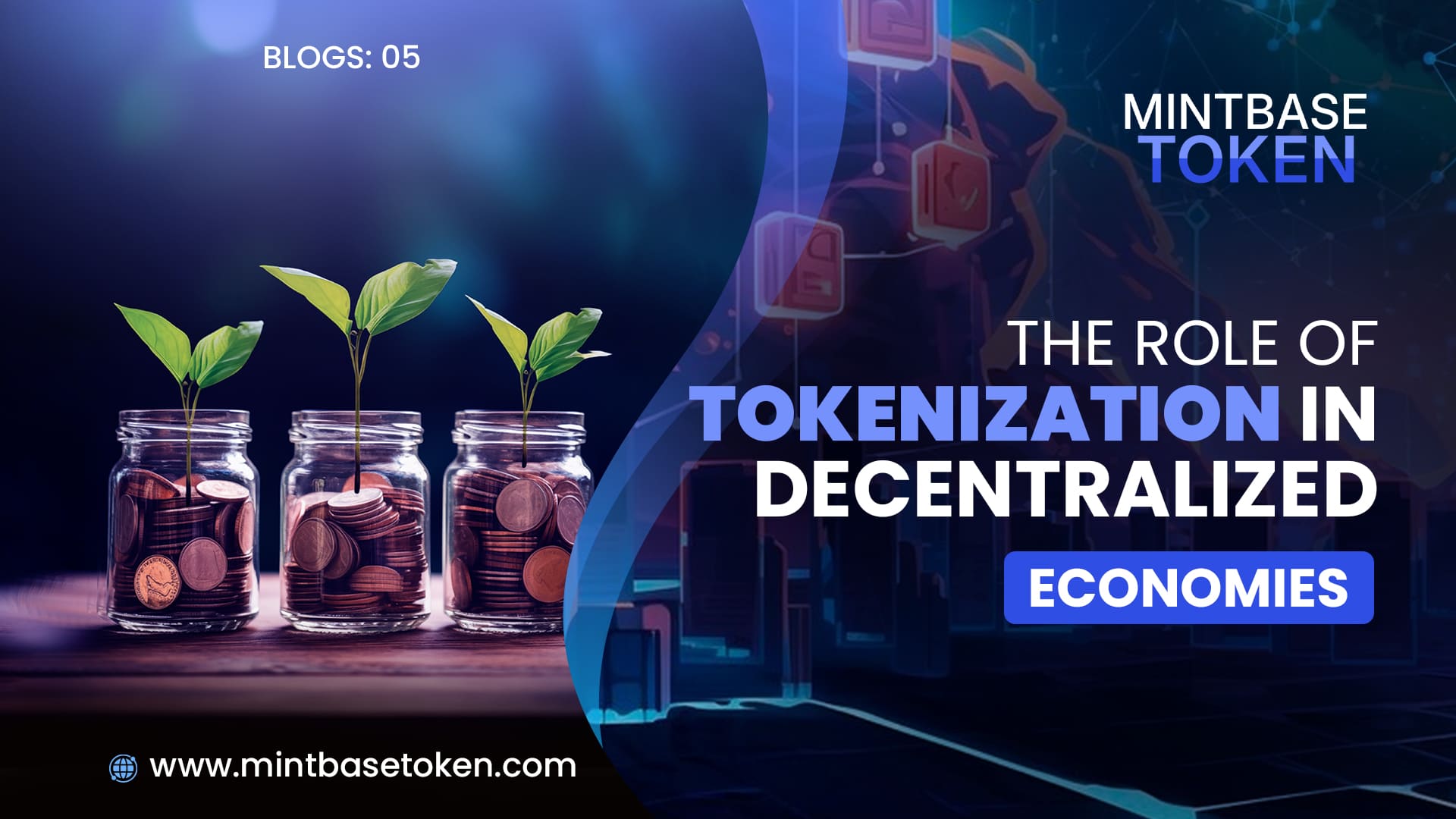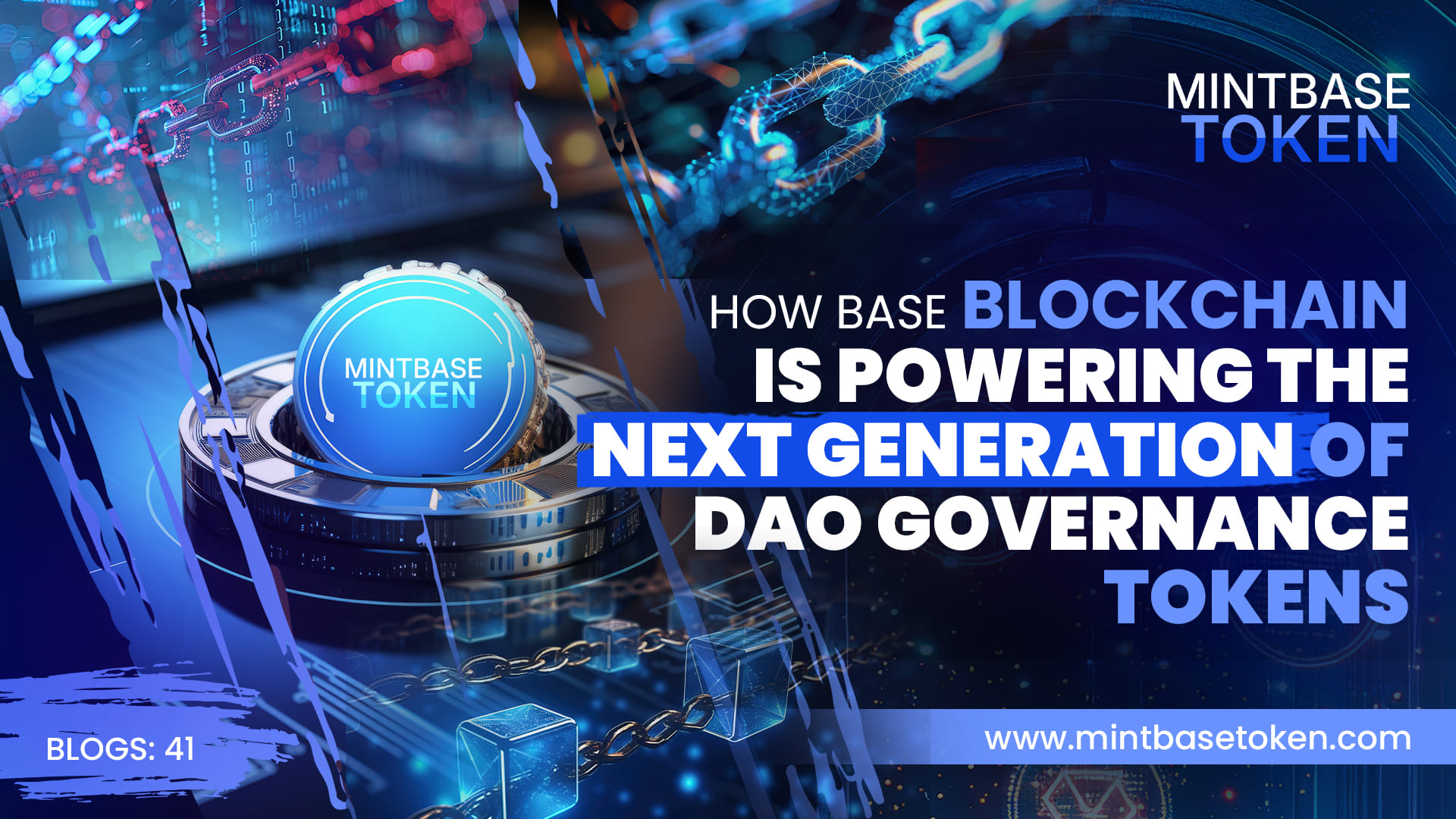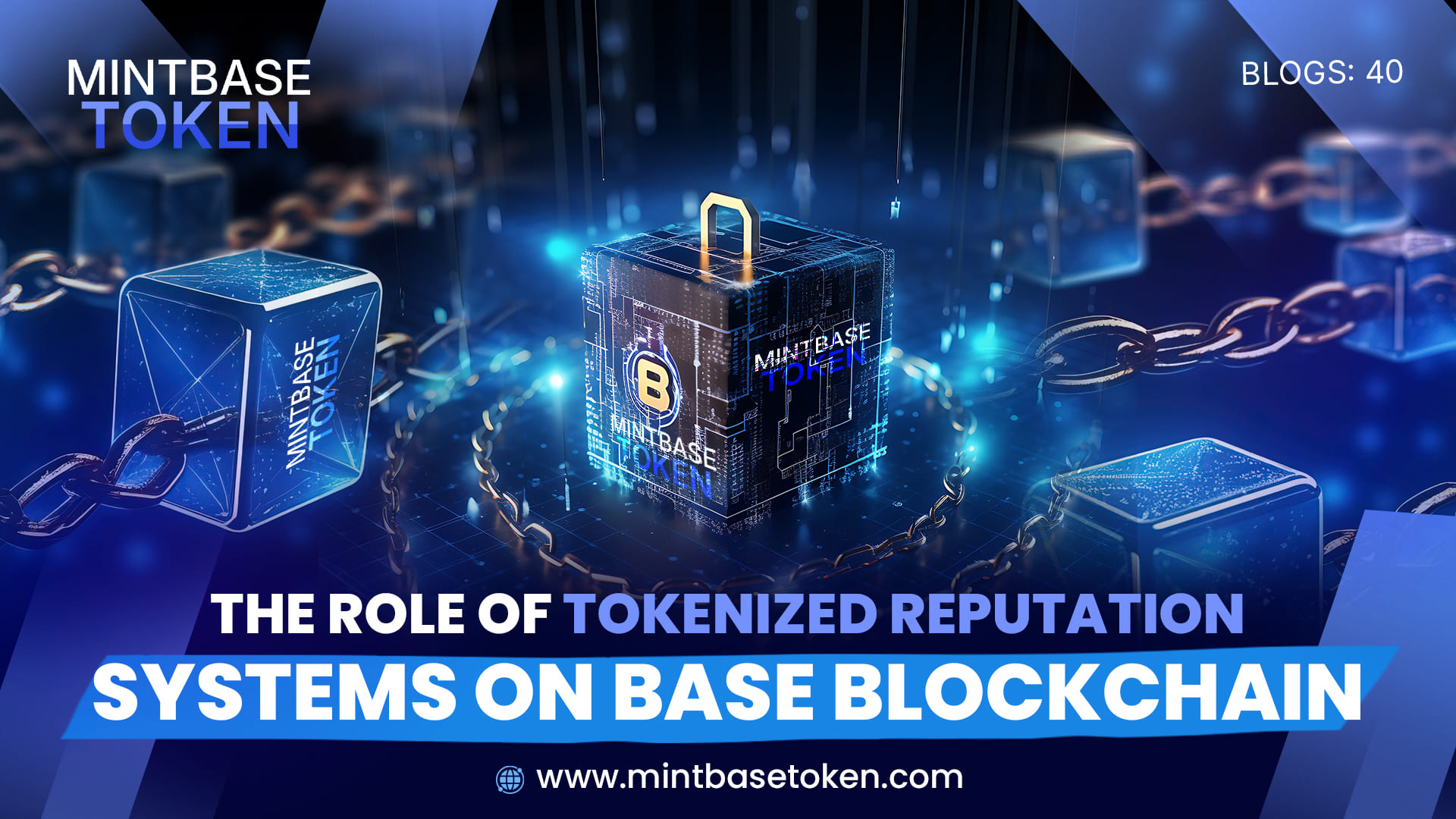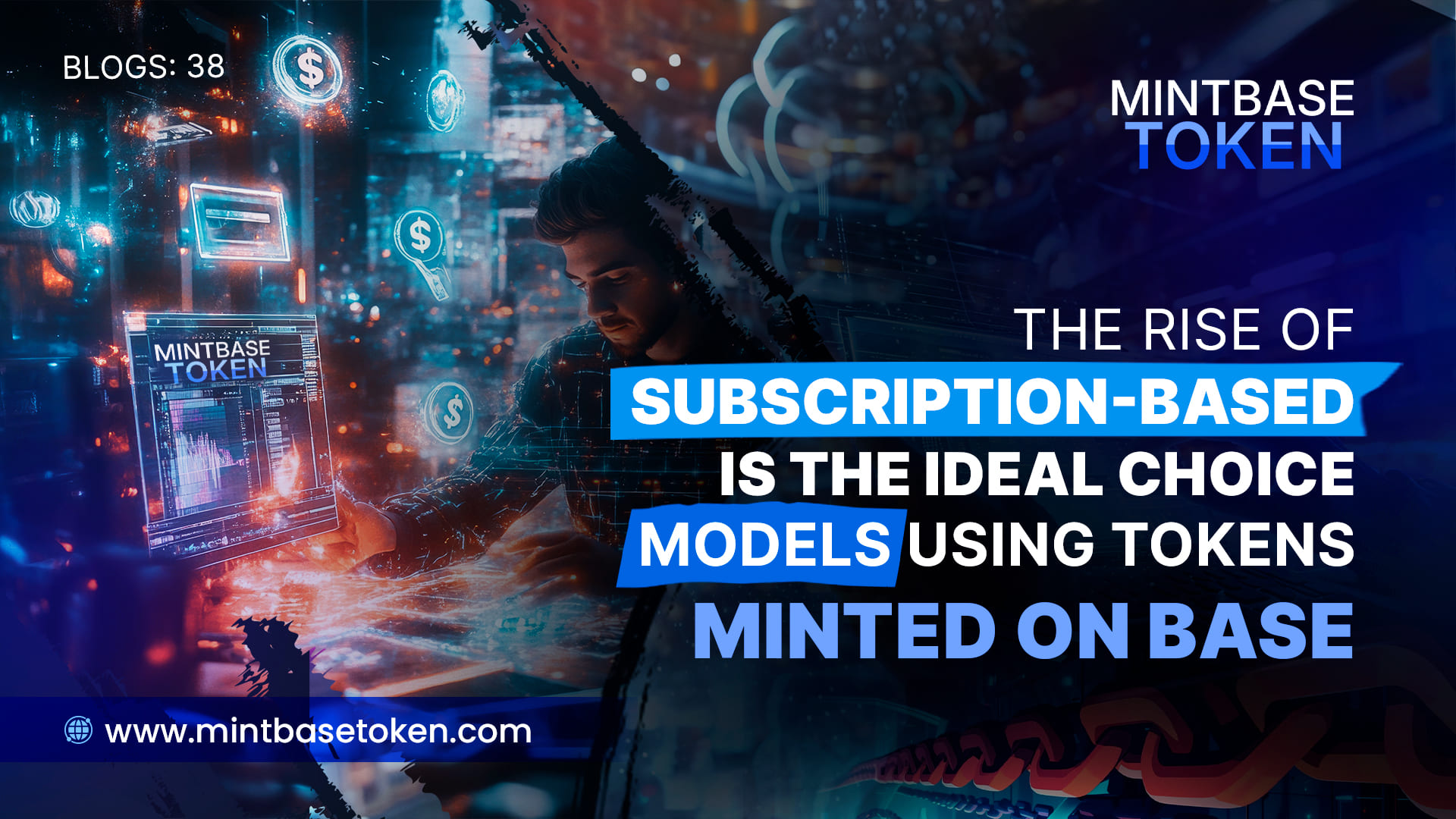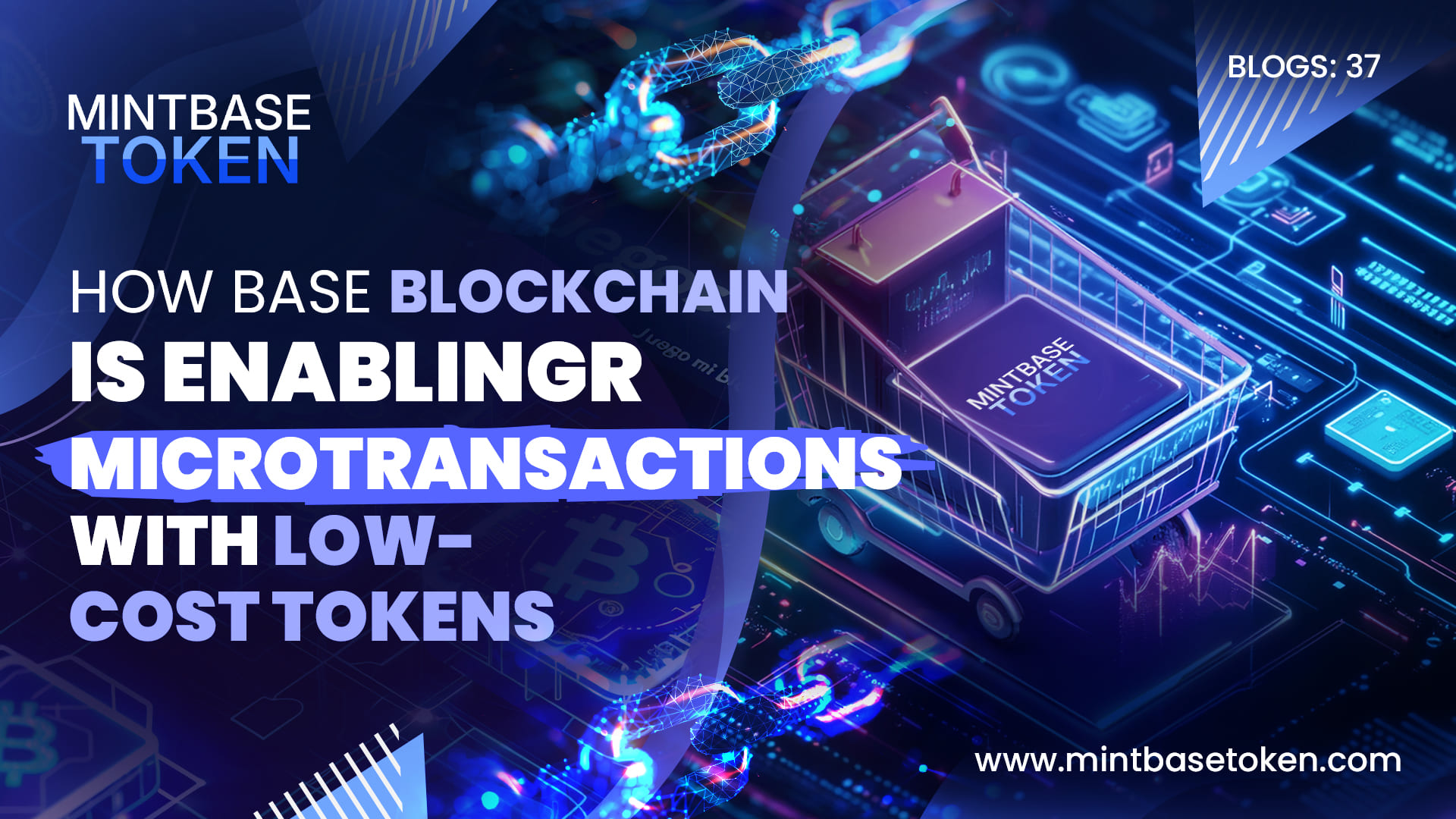October 2, 2024
The Role of Tokenization in Decentralized Economies
Tokenization is transforming traditional finance and asset ownership, paving the way for fully decentralized economies. By turning assets—both tangible and digital—into tokenized units on a blockchain, individuals can participate in ecosystems that were previously inaccessible or limited by central authorities. Here’s how tokenization is playing a foundational role in building decentralized economies and what this shift means for future finance.
1. Fractional Ownership and Accessibility
Tokenization allows assets to be divided into smaller, tradable units, known as fractional ownership. This shift makes it easier for people to own shares of high-value assets, such as real estate, artwork, or commodities, without having to buy the whole asset. By lowering the financial barrier, tokenization democratizes access to investments, fostering economic participation on a global scale.
2. Liquidity and the Creation of Digital Markets
Tokens enable liquidity in traditionally illiquid markets, creating digital marketplaces where assets can be traded quickly and efficiently. Tokenized assets can be listed on decentralized exchanges, opening up new ways for holders to trade and leverage their investments. This liquidity gives individuals greater control over their assets, and markets become more dynamic, with real-time price adjustments based on supply and demand.
3. Decentralized Governance Models
In decentralized economies, token holders often have a say in governance through Decentralized Autonomous Organizations (DAOs). Tokenization enables community-led decision-making processes, where individuals can vote on protocol changes, funding allocations, or new project integrations. This governance model ensures that decentralized economies remain transparent and responsive to the needs of their communities.
4. Enhanced Transparency and Security
Every transaction and transfer of tokenized assets is recorded on the blockchain, creating an immutable ledger. This transparency provides security to all participants, as records can be audited in real time, making it difficult to manipulate or conceal information. Enhanced security fosters trust in decentralized economies, encouraging more participants to invest and engage.
Conclusion
Tokenization is more than a technological trend; it’s a foundational shift toward decentralized economies where ownership, governance, and value exchange are open to everyone. As tokenization continues to evolve, it will reshape industries and empower individuals, creating a decentralized economy built on transparency, accessibility, and innovation.
